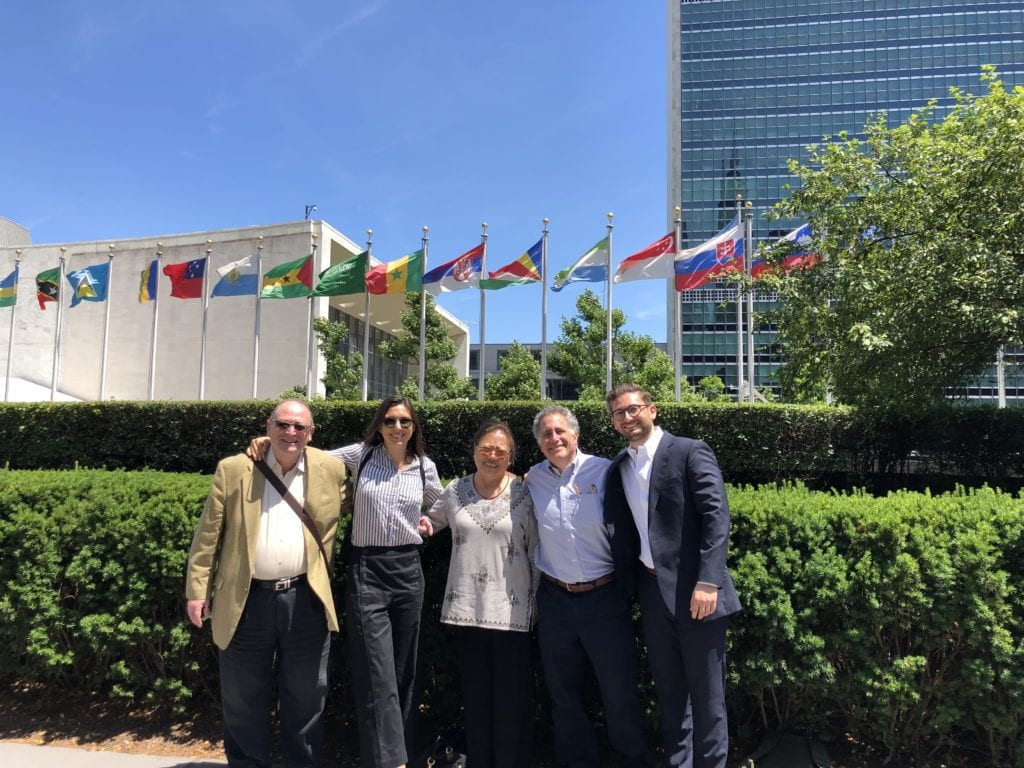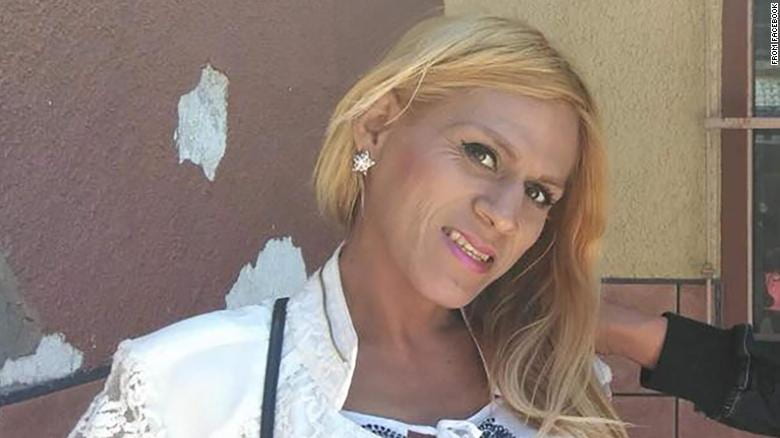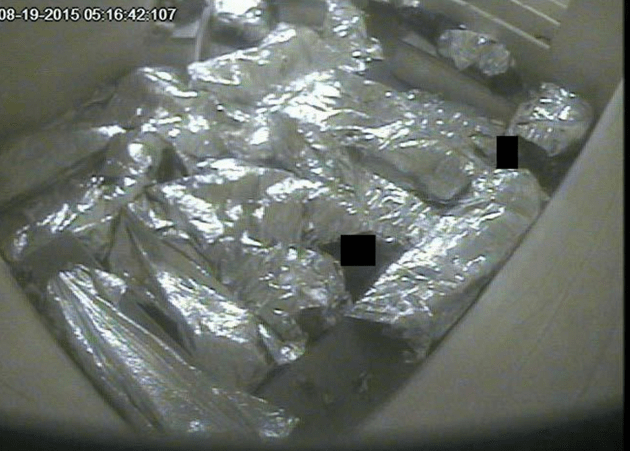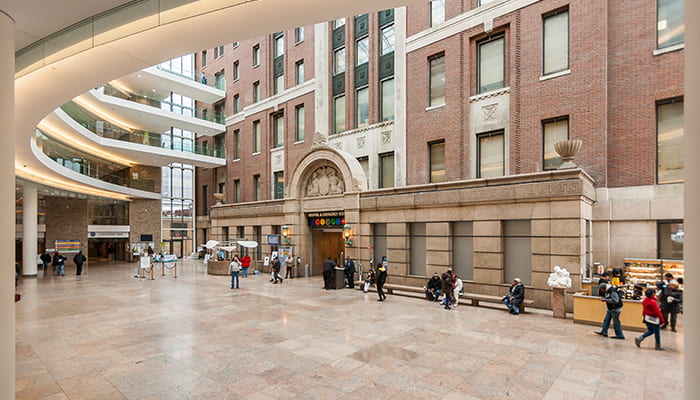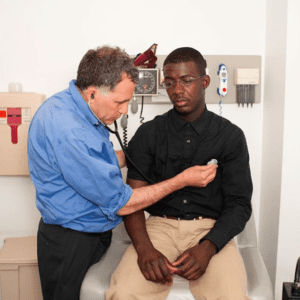Ben Wagner
Bellevue/NYU Program for Survivors of Torture (PSOT)
New York, USA
On Monday, July 30, I accompanied Congressman Donald M. Payne, Jr., and staff from Human Rights First on a visit to Hudson County Correctional Facility (HCCF), one of the principal facilities Immigration and Customs Enforcement (ICE) uses to detain non-citizens in New Jersey. The purpose of the visit was to find out what, if any, changes have occurred in the six months since Human Rights First issued its report, Ailing Justice, which documents the inadequate conditions at HCCF.
Even after reading and writing about the plight of civil detainees for the past three years, I was not prepared for my encounter with the people I had been studying from afar. The impact of meeting a few of the detainees face-to-face profoundly affected me and made all too real the suffering and abuses I had only read about.
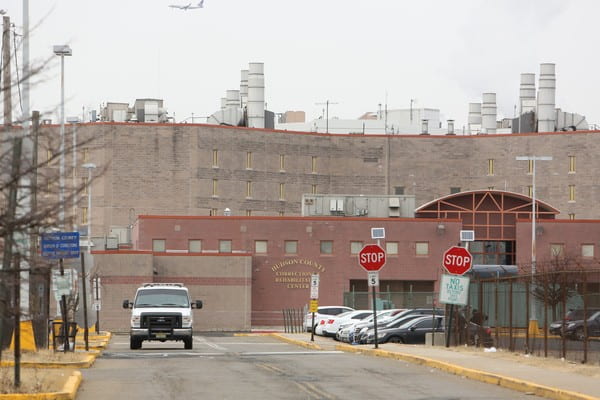
Only a few of the immigrant detainees spoke English, and those who had the chance to speak with us all sought our help. Some had dealt with lawyers who’d lost their papers. Others had been forcibly separated from their children and were looking for any reassurance that their kids were okay.
Dressed in the orange jumpsuits of prisoners, the detainees were treated worse than criminals. On the last visit, we observed one woman using a bra as a sling for a clavicle fracture. We were also made aware that a woman who had recently miscarried in jail and who had hemorrhaged badly was given antibiotics and sanitary napkins for weeks instead of being taken to an appropriate medical facility. Had I stayed longer or understood more Spanish, I am certain I would have learned of many more cases of abject abuse and mistreatment.
HCCF would be 66% empty and unused, creating a burden on the county and likely a loss of jobs for many unionized corrections officers, if it were not for the roughly 800 civil detainees filling the beds. The economic motivation to fill jails, especially with people who have few, if any, enforceable rights and are not members of the community, belies any articulated desire to address the problem of civil detention.
HCCF’s civil detainees include asylum seekers fleeing persecution, parents separated from their children, and those deemed to have entered the US illegally–almost all from our southern border. They end up in New Jersey only because that’s where there are empty beds. Held under civil, not criminal, authority, the detainees endure a range of hardships, from dirty drinking water to harassment to solitary confinement. Compounded by inadequate medical and mental health care, these conditions can cause severe suffering, long-term physical and emotional damage, and avoidable deaths.
In addition, the head of the Hudson County Corrections Officers Union complained publicly that the staff at HCCF is not competent to serve the prison population, as many transferred from a recently closed juvenile detention facility. Guards at a JV prison do not receive the same training as corrections officers at an adult facility.
As the tour ended, we had a chance to speak with the warden, Congressman Payne, and the staff about what could be done to improve detention conditions. Suggestions included more humane treatment of the detainees, allowing them to wear their own clothes, allowing visits with family members, and providing information and communication with their children. While it was generally acknowledged that there is room for improvement and that the situation is difficult all around, such aphorisms–instead of assuaging my anger at the situation–only heightened my awareness of how intractable a problem this is and how the detainees are treated as less than human because they are seen not as people but as a problem.
If we cannot see others as fellow human beings, how can we expect to treat them as such?
